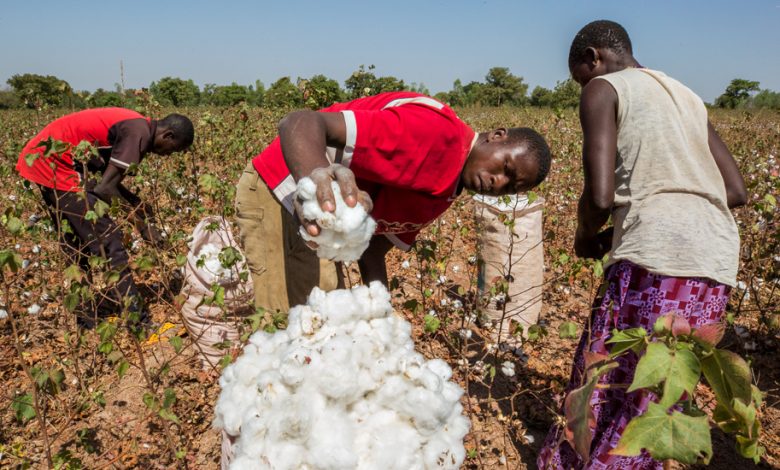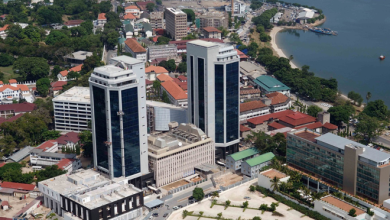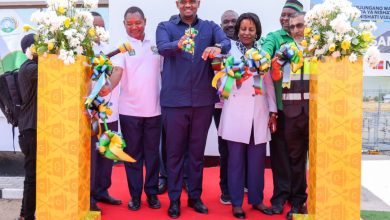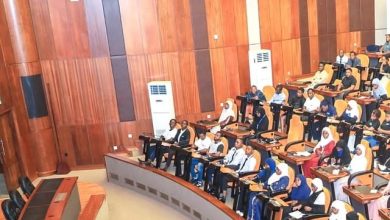Cotton farmers urged to adopt modern production technologies

MWANZA: COTTON farmers in the country have been encouraged to adopt modern production technologies, including planting using new spacing ‘60 cm x 30 cm’ developed by Tanzania Agricultural Research Institute (TARI), which has been a key driver in increasing cotton yields.
TARI Director General, Dr Thomas Bwana said recently during a stakeholders’ meeting for the Victoria Cotton Project held at the TARI Ukiriguru Centre in Mwanza that in some areas, farmers were harvesting less than 500 kilogrammes per acre, but now there are farmers achieving over 1,000 kilogrammes per acre.
The meeting aimed to review the implementation of the project. Dr Bwana noted that farmers who have applied the technologies promoted by the project have seen significant improvements in production.
“You can see that the yield increase is significant for those applying the methods we have guided them on,” said Dr Bwana.
He highlighted that the methods include timely planting using the 60 cm x 30 cm spacing, proper use of pesticides and timely weed control.
The Victoria Cotton Project was launched in 2016 with the goal of boosting cotton production in Tanzania, Kenya and Burundi.
In Tanzania, adoption of the project’s technologies has so far reached 63 per cent of cotton farmers across 11 cotton-producing regions.
ALSO READ: Organic cotton farmers establish association
Tanzania Cotton Board Director General, Mr Marco Mtunga, said the project has addressed the need to increase productivity in cotton farming.
“In areas like Simiyu, many farmers previously planted without using quality seeds, but now they are planting at recommended spacing that produces a higher number of seedlings, which contributes to higher yields,” said Mr Mtunga.
The Victoria Cotton Project implementation review meeting brought together various stakeholders in the cotton sector, including researchers from TARI Ukiriguru, the Tanzania Cotton Board, representatives from the Brazilian Cooperation Agency (ABC) and the Brazilian Embassy in Tanzania, as well as agricultural officers and lead farmers from Geita region and representatives from the Ministry of Agriculture.





